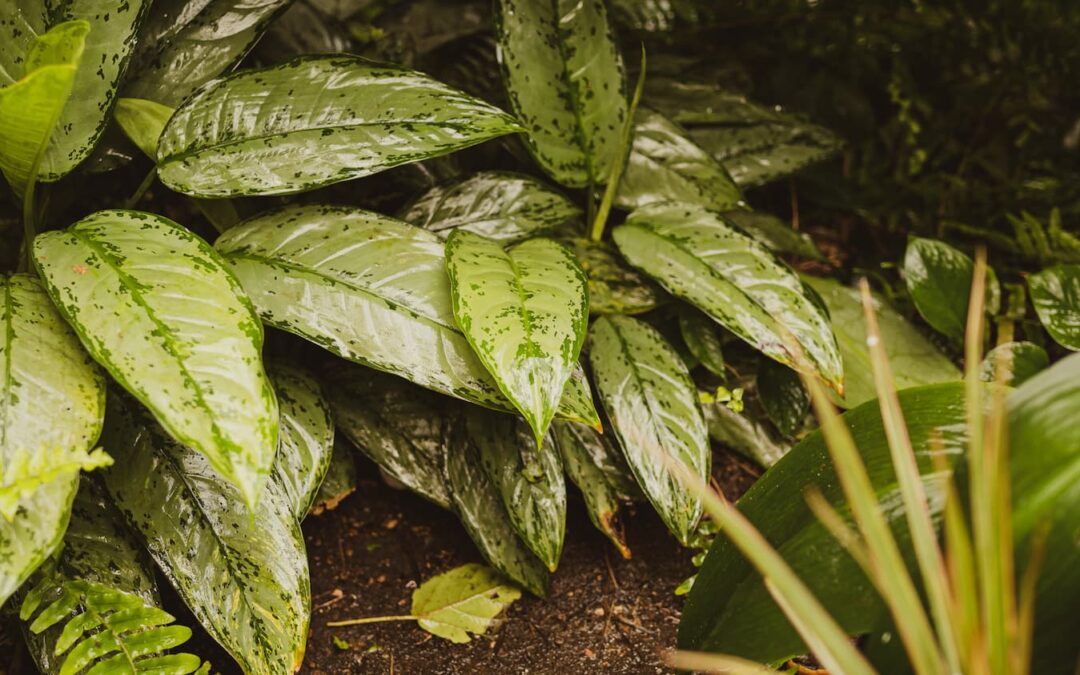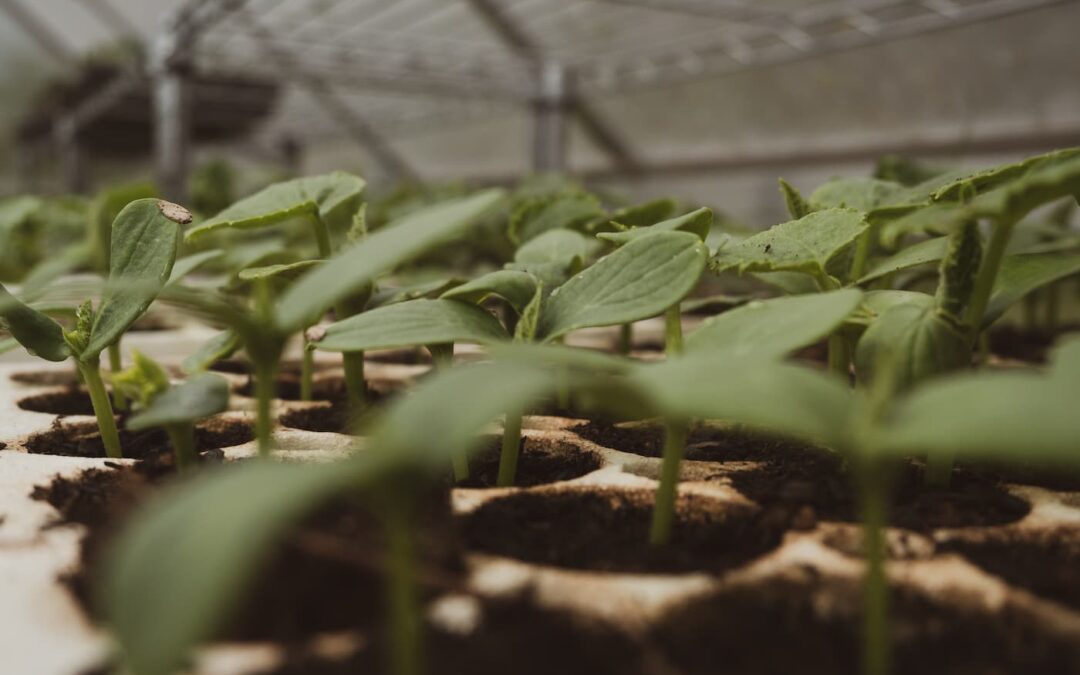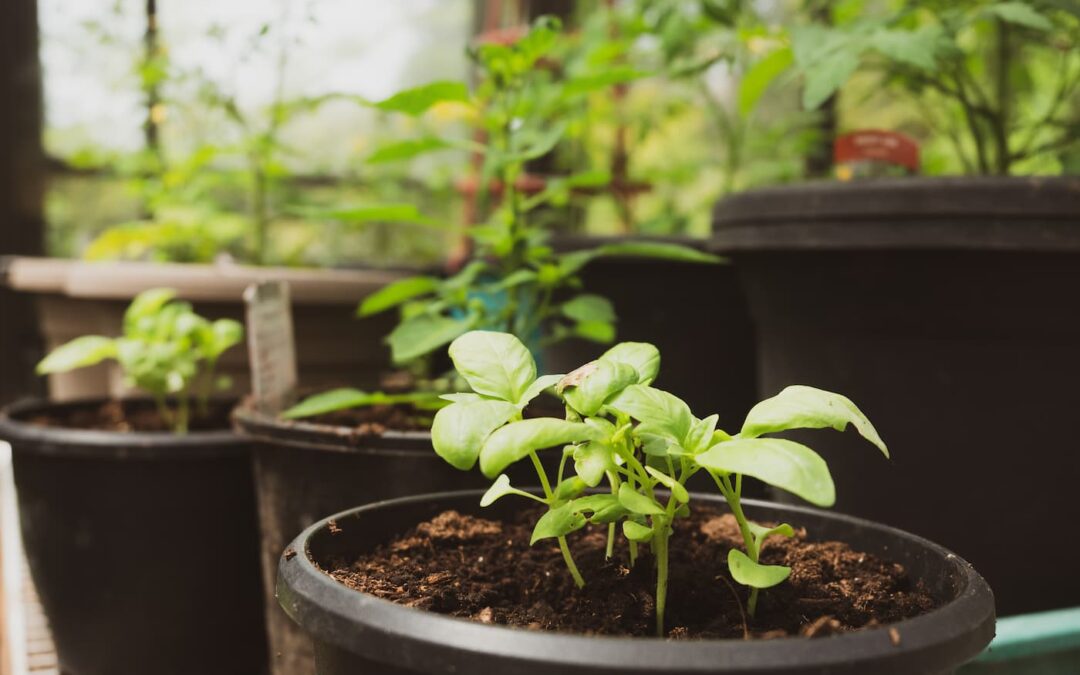
by Carolina | Nov 3, 2023 | Organic Education
In today’s eco-conscious era, organic gardening has become a symbol of responsible plant cultivation. Central to this approach is the use of organic fertilizers, which not only nurture your plants but also protect the environment. In this article, we’ll...

by Carolina | Oct 13, 2023 | Organic Education
Beneath the surface of our gardens and farmlands lies a hidden world bustling with life—the soil food web. This intricate network of organisms, from microorganisms to insects, plays a pivotal role in maintaining soil health and supporting the growth of plants. In this...

by Carolina | Aug 17, 2023 | Organic Education
Organic fertilizers are derived from natural sources such as plant and animal matter, while synthetic fertilizers are chemically produced. While both types of fertilizers can provide plants with the necessary nutrients, organic fertilizers offer many benefits over...

by Carolina | Aug 11, 2023 | Organic Education
Organic fertilizers are popular among gardeners who want to promote plant growth and improve soil health without synthetic chemicals. However, many people may not fully understand how organic fertilizers work or how they provide essential nutrients to plants. In this...

by Carolina | Jul 14, 2023 | Organic Education
The health of soil and water resources are intimately linked, and the quality of one can significantly impact the quality of the other. In this blog, we’ll explore the relationship between soil health and water quality, the factors that affect this relationship,...

by Carolina | Jul 6, 2023 | Organic Education
Chemical fertilizers are commonly used in modern agriculture to give plants the necessary nutrients to proliferate and produce high yields. While they can be effective in the short term, the long-term use of chemical fertilizers can significantly negatively impact...







